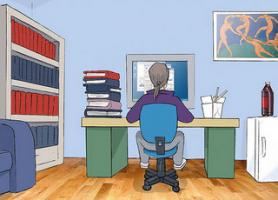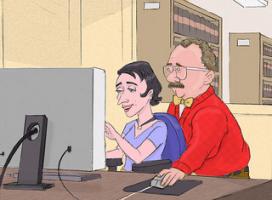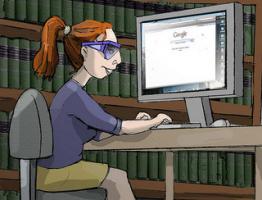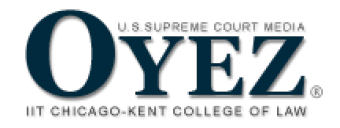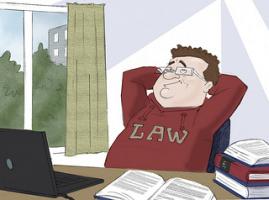Author of the Week: Jennifer Martin
Jennifer S. Martin joined the law faculty at St. Thomas University in 2010. Professor Martin spent the 2009-2010 year as a Visiting Associate Professor of Law at the University of Oregon School of Law. She has previously taught at University of Louisville, University of Pittsburgh and Western New England College. Professor Martin is the author of the American Bar Association's Annual Survey on Sales Law and has published many articles and given lectures on subjects such as wartime and conflict contracting, consumer rights, and lender liability. Upon graduation from Vanderbilt Law School, Professor Martin became an Associate with the international practice group of Baker & Botts, L.L.P., practicing in both the Houston and Dallas offices. A member of the Texas and American Bar Associations, Professor Martin was a Principal Attorney for Houston Industries Incorporated (now Reliant Energy), working on power generation transactions domestically and internationally. Professor Martin is a co-founder and contributor to the Commercial Law weblog at http://ucclaw.blogspot.com/. The blog takes up all issues related to commercial law, particularly the Uniform Commercial Code. The blog is a member of the Jurisdynamics Network. Professor Martin teaches courses in contracts, business associations and commercial law. SSRN page: http://ssrn.com/author=362174.



